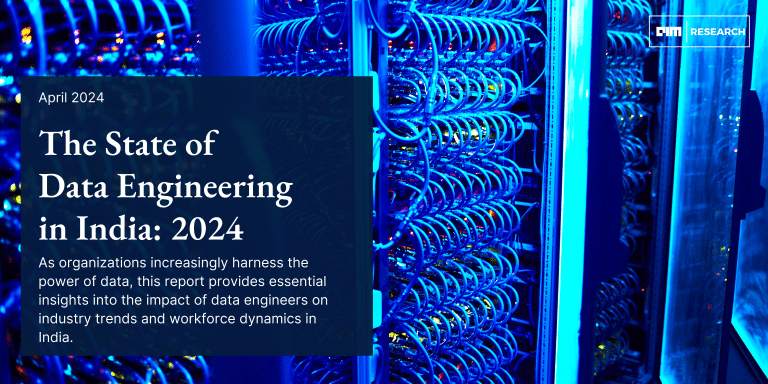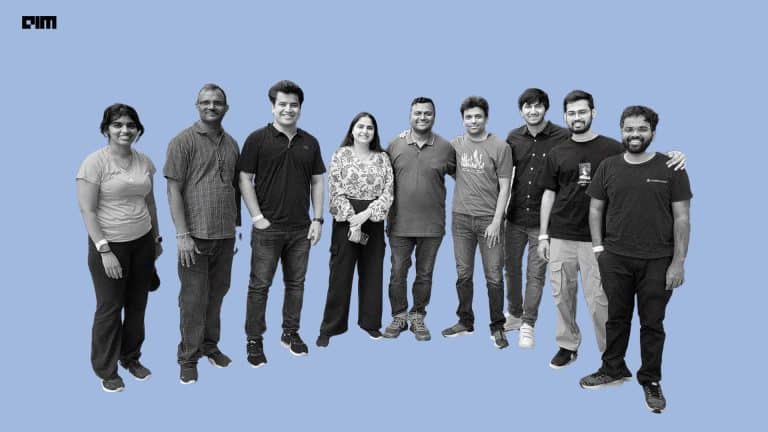LibriSpeech is developed by OpenSLR with all data collected by his research student. Danial Povey is an assistant professor at Johns Hopkins University in the Center for Language and Speech Processing as a speech recognition researcher. LibriSpeech is a collection of more than 1000 hours of speech data which is collected by Vassil Panayotov with the assistance of Daniel Povey. It is used in many applications such as speaker recognition and automatic speaker verification.
Paper:https://www.danielpovey.com/publications.html
Download Size: 58GB Approx.
Dataset Size: 305GB Approx.
To Download the dataset on a local computer visit the link here:
About DataSet:
OpenSLR(Open speech and language resources) has 93 SLRs in the domain of software, audio, music, speech, and text dataset open for download. The Librispeech dataset is SLR12 which is the audio recording of reading English speech. The file format of data is in the form of FLAC(Free Lossless Audio Codec) without any loss in quality or loss of any original audio data.
Using Pytorch:
import os
import torch
import pickle
import random
import torchaudio
import numpy as np
import pandas as pd
from tqdm import tqdm
from librosa.util import find_files
from torch.utils.data import DataLoader
from torch.utils.data.dataset import Dataset
from torch.nn.utils.rnn import pad_sequence
from utility.preprocessor import OnlinePreprocessor
from transformer.mam import process_train_MAM_data, process_test_MAM_data
HALF_BATCHSIZE_TIME = 3000
SPEAKER_THRESHOLD = 0
def get_online_Dataloader(args, config, is_train=True):
# create waveform dataset
dataset = OnlineDataset(**config['online'])
print('[Dataset] - Using Online Dataset.')
# create dataloader for extracting features
def collate_fn(samples):
# samples: [(seq_len, channel), ...]
samples = pad_sequence(samples, batch_first=True)
# samples: (batch_size, max_len, channel)
return samples.transpose(-1, -2).contiguous()
# return: (batch_size, channel, max_len)
dataloader = DataLoader(dataset, batch_size=config['dataloader']['batch_size'],
shuffle=is_train, num_workers=config['dataloader']['n_jobs'],
pin_memory=True, collate_fn=collate_fn)
return dataloader
For Implementation in Pytorch visit the following link.
Using Tensorflow:
import os
import sys
import numpy as np
import tensorflow as tf
import yaml
import argparse
sys.path.append(os.path.abspath('../../../'))
from experiments.librispeech.data.load_dataset_ctc import Dataset
from models.ctc.vanilla_ctc import CTC
from utils.directory import mkdir_join
parser = argparse.ArgumentParser()
parser.add_argument('--epoch', type=int, default=-1,
help='the epoch to restore')
parser.add_argument('--model_path', type=str,
help='path to the model to evaluate')
parser.add_argument('--eval_batch_size', type=str, default=1,
help='the size of mini-batch in evaluation')
For implementation in TensorFlow visit the link.
Application:
1. Kaldi Speech Recognition toolkit:
LibriSpeech Dataset is used in the Kaldi Speech recognition to extract text from speech. It is useful in a speech to text generation. There are many software developed using the Kaldi toolkit for speech recognition.
Github: https://github.com/kaldi-asr/kaldi.
2.Sentiment classification of spoken speech:
The sentiment of the speech using LibreSpeech dataset to train the model to automatically detect their emotion in speech.
3.Speaker recognition:
To verify the gender and emotion of the speaker, their accent to catch their range of age.
4. Automatic speech recognition:
Automatic speech recognition is used in the process of speech to text and text to speech recognition. Model is trained using a natural language processing toolkit.
Conclusion:
We have learned about the LibriSpeech dataset, how we can download it from the source. Librispeech dataset creator and their researcher. Implementation of model in PyTorch data loader for Kaldi speech recognition toolkit. Using Tensorflow for the end-to-end speech recognition and some of the application is used in daily life using Librispeech Datasets.



















































































